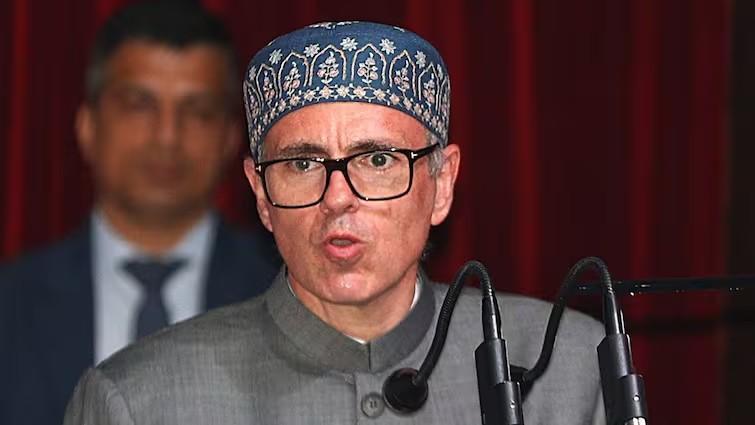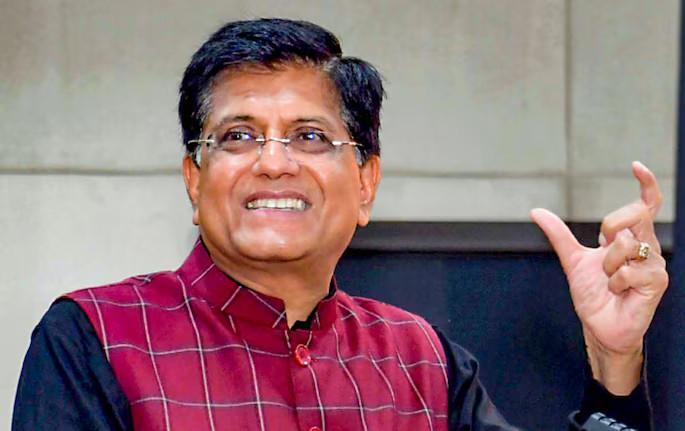
Normalcy in J&K post Art 370 abrogation is forced, not organic: CM
In a recent statement, Jammu and Kashmir Chief Minister Omar Abdullah expressed his concerns about the normalcy in the Union Territory (UT) following the abrogation of Article 370. According to Abdullah, the normalcy in J&K is “forced” and not organic, as claimed by the Centre. This statement has sparked a debate about the current situation in the region and the government’s claims about the return of normalcy.
For those who may not be aware, Article 370 was a constitutional provision that granted special status to Jammu and Kashmir. It was a contentious issue that had been a point of dispute between India and Pakistan since the partition of the subcontinent in 1947. The provision was seen as a barrier to the complete integration of Jammu and Kashmir with the rest of India. On August 5, 2019, the Indian government, led by Prime Minister Narendra Modi, abrogated Article 370, effectively repealing the special status of Jammu and Kashmir.
The abrogation of Article 370 was followed by a period of widespread protests and violence in the region. The government responded with a massive deployment of security forces, and a strict communication blackout was imposed. The situation remained tense for months, with many people being arrested and detained without charges.
However, in recent months, the government has been claiming that normalcy has been restored in Jammu and Kashmir. The Centre has been saying that the situation in the region has returned to normal, and that the people are living peacefully. But Omar Abdullah, who was the Chief Minister of Jammu and Kashmir from 2009 to 2015, has challenged this claim.
In an interview, Abdullah said, “If what is happening in J&K is organic, then nothing like it. If it is driven out of fear, then there’s a problem.” He also added, “But I’ll hazard that people don’t believe it is organic.” Abdullah’s statement suggests that the normalcy in J&K is not a natural process, but rather a result of fear and intimidation.
Abdullah’s statement has been seen as a significant development in the ongoing debate about the situation in Jammu and Kashmir. Many observers have been pointing out that the situation in the region is not as normal as the government claims. There have been numerous reports of human rights abuses, including arbitrary arrests, detention without charges, and use of force against protesters.
The government’s claims about normalcy in J&K have also been disputed by many civil society groups and human rights organizations. These groups have been pointing out that the situation in the region is still highly volatile, and that the government’s actions have only served to exacerbate the crisis.
The forced normalcy in J&K is also having a significant impact on the economy and daily life of the people. Many businesses have been forced to shut down, and people are struggling to make ends meet. The lack of communication and internet services has also made it difficult for people to access healthcare, education, and other essential services.
In conclusion, Omar Abdullah’s statement about the normalcy in J&K post Article 370 abrogation is a significant development in the ongoing debate about the situation in the region. While the government claims that normalcy has been restored, Abdullah’s statement suggests that the situation is still highly volatile and that the normalcy is forced, not organic.
The forced normalcy in J&K is a result of fear and intimidation, and it is not a sustainable solution to the crisis. The government needs to address the root causes of the crisis and work towards a lasting solution that respects the rights and dignity of the people of Jammu and Kashmir.
Source:




